Custom Vacuum Casting Service
Goodtech’s Vacuum Casting service delivers high-quality plastic parts for rapid prototyping and small-batch production. Using silicone molds and polyurethane resins, we create parts with exceptional detail, smooth surfaces, and properties akin to injection-molded components, ideal for testing and market validation.
What is Vacuum Casting?
Vacuum casting is a process used for producing small-volume, high-quality plastic parts, prototypes, and functional models. It involves creating a silicone mold from a master pattern, then using the mold to produce a limited number of cast resin parts..
Vacuum casting is a versatile process that can produce parts with high levels of detail and a smooth surface finish. It is commonly used for producing prototypes, small production runs, and functional models, where a high degree of accuracy and surface finish is required. Additionally, vacuum casting is relatively fast and cost-effective compared to other manufacturing processes, making it a popular choice for producing small-volume parts.
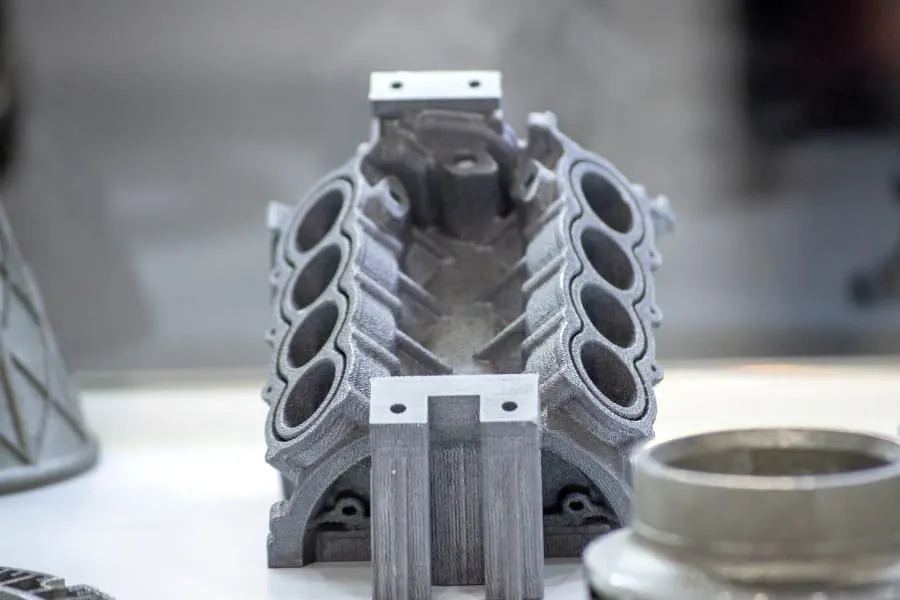
The Vacuum Casting Process
Master Model Creation: A high-precision master model is crafted, typically via 3D printing or CNC machining, to ensure accurate replication.
Silicone Mold Production: Liquid silicone is poured around the master model and cured to form a flexible, reusable mold.
Resin Casting: Polyurethane resin is mixed, degassed, and poured into the mold under vacuum to eliminate air entrapment.
Curing and Demolding: The resin cures in the mold, and the part is removed, ready for finishing or assembly.
What are the advantages of Vacuum Casting?
- High Quality: Vacuum casting produces parts with a high level of detail, a smooth surface finish, and dimensional accuracy. The use of a silicone mold and vacuum technology helps to eliminate entrapped air, resulting in a high-quality part.
- Versatility: Vacuum casting is capable of producing parts in a wide range of materials, including polyurethane (PU), epoxy, and polypropylene (PP), making it a versatile manufacturing process.
- Cost-effectiveness: Vacuum casting is a cost-effective process compared to other low-volume manufacturing methods, such as injection molding. This is because vacuum casting does not require the investment in a complex and expensive mold, as is required for injection molding.
- Flexibility: Vacuum casting is a flexible process that can be used to produce parts in a variety of shapes and sizes, making it suitable for a wide range of applications.
- Low-volume production: Vacuum casting is ideal for producing small-volume parts, prototypes, and functional models, where a high level of detail and surface finish is required.
Our Vacuum Casting Cases Study
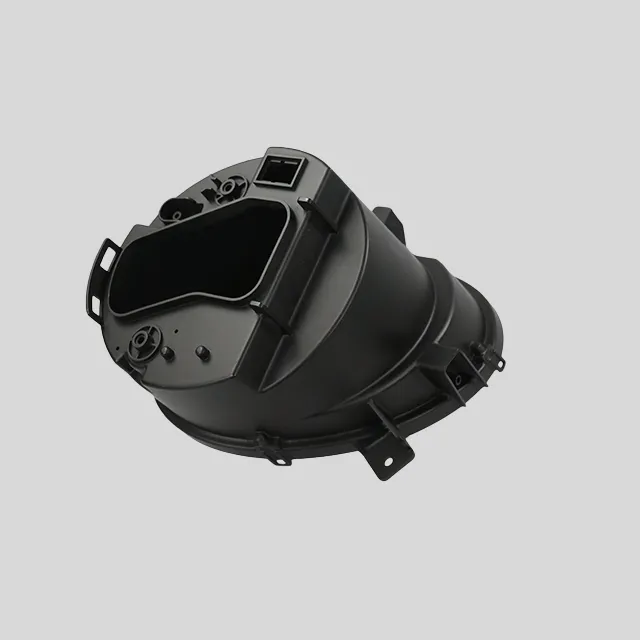
Vacuum Casted Light Frame
Vacuum Casting
Light Frame
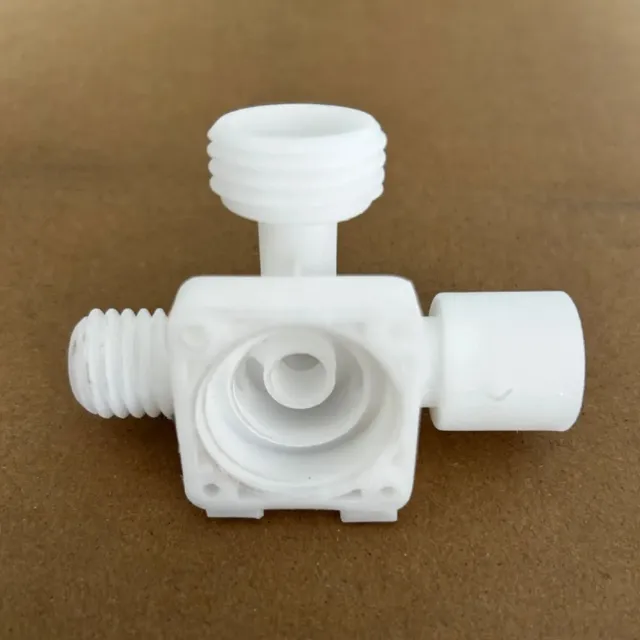
Venturi Tube for Chemical Proportioners
Silicon Molding
Withstand 185 PSI water Pressure
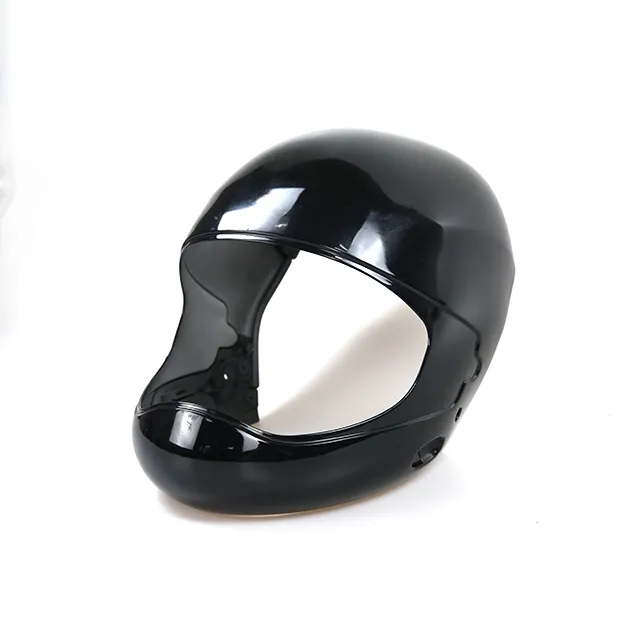
Helmet
Vacuum Casting
Helmet
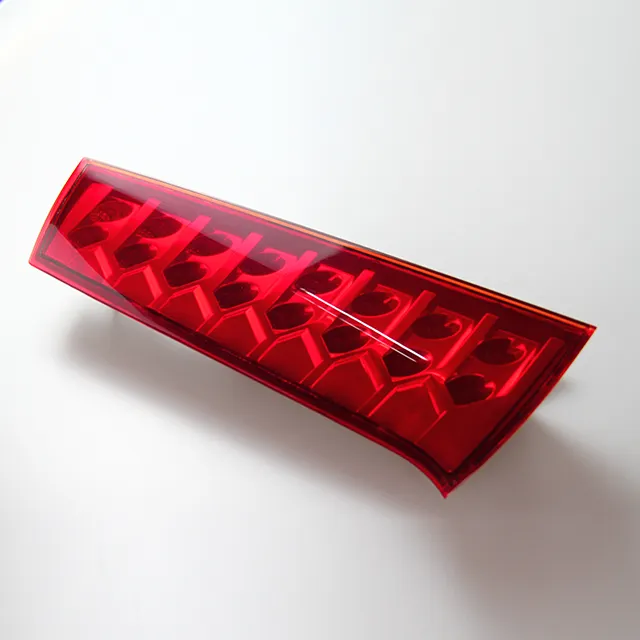
Automotive Light
Vacuum Casting
Automotive Light
